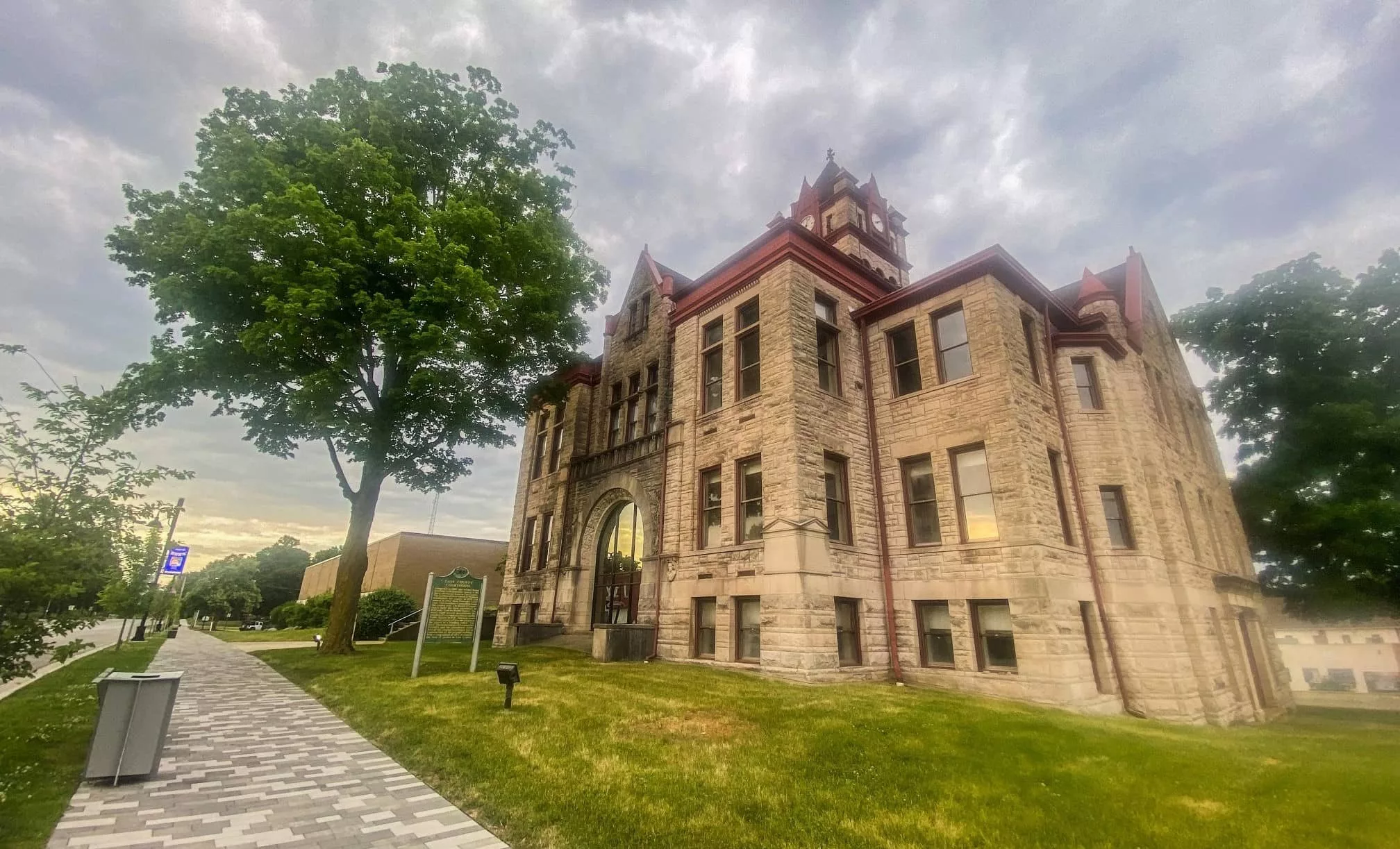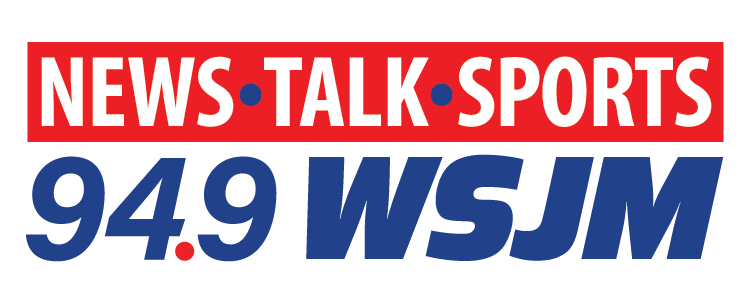
Homeowners struggling to pay bills have may have an opportunity to receive help, thanks to a fund established by the state of Michigan earlier this year.
In February, Gov. Gretchen Whitmer and the Michigan State Housing Development Authority launched a program to aid homeowners with additional financial support to help Michiganders pay their bills and stay in their homes. Seven months into the program, funds are still available for qualifying residents.
The Michigan Homeowner Assistance Fund uses federal resources allocated under the American Rescue Plan Act of 2021 to provide financial assistance to homeowners who have fallen behind on homeownership-related expenses. The MIHAF program can help with delinquent mortgage, property tax and/or condominium payments, payment of escrow shortages, and past due utilities payments, including gas, water, electric, and internet or broadband.
The U.S. Treasury allocated a total of $242,812,277 to Michigan for the MIHAF program, which MSHDA anticipates will help more than 8,300 homeowners across the state. Cass County Treasurer Hope Anderson’s office says it has been pleased to see several families get caught up on back taxes that may otherwise have not been able to pay.
“So far, MIHAF has awarded $94,973.20 to Cass County residents just for delinquent property taxes,” Anderson said. The program has also funded Cass County residents’ mortgages, utilities and homeowners’ insurance, among other expenses.
“Most Cass County residents were impacted by COVID-19 in one way or another,” Anderson said. “For those homeowners who had a reduction in income or increase in expenses that caused them to get behind on their property taxes, mortgages or utilities, this program can help them get caught up if they qualify.”
To qualify for MIHAF, applicants must have experienced a qualified financial hardship due to the coronavirus pandemic after January 21, 2020, or had a qualified hardship that began before January 21, 2020, but continued after that date, meet income eligibility requirements, and the property must be owner-occupied. The maximum amount of assistance available through MIHAF per household is $25,000.
“The income limit for a family of four in Cass County is $112,200,” Anderson said. “MSHDA has partnered with many lenders and utility providers in Cass County: The City of Dowagiac, Midwest Energy Cooperative, United Federal Credit Union, 1st Source Bank, Fifth Third Bank, Flagstar Bank, Honor Credit Union, Huntington National Bank, Teachers Credit Union and more.”
MIHAF funds are given directly to the MIHAF Program Partner to be applied to a homeowner’s delinquent account once the homeowner is determined eligible. Interested homeowners can find details and a link to the application portal at Michigan.gov/MIHAF or receive assistance with their application submission by calling 844-756-4423.
– Submitted







